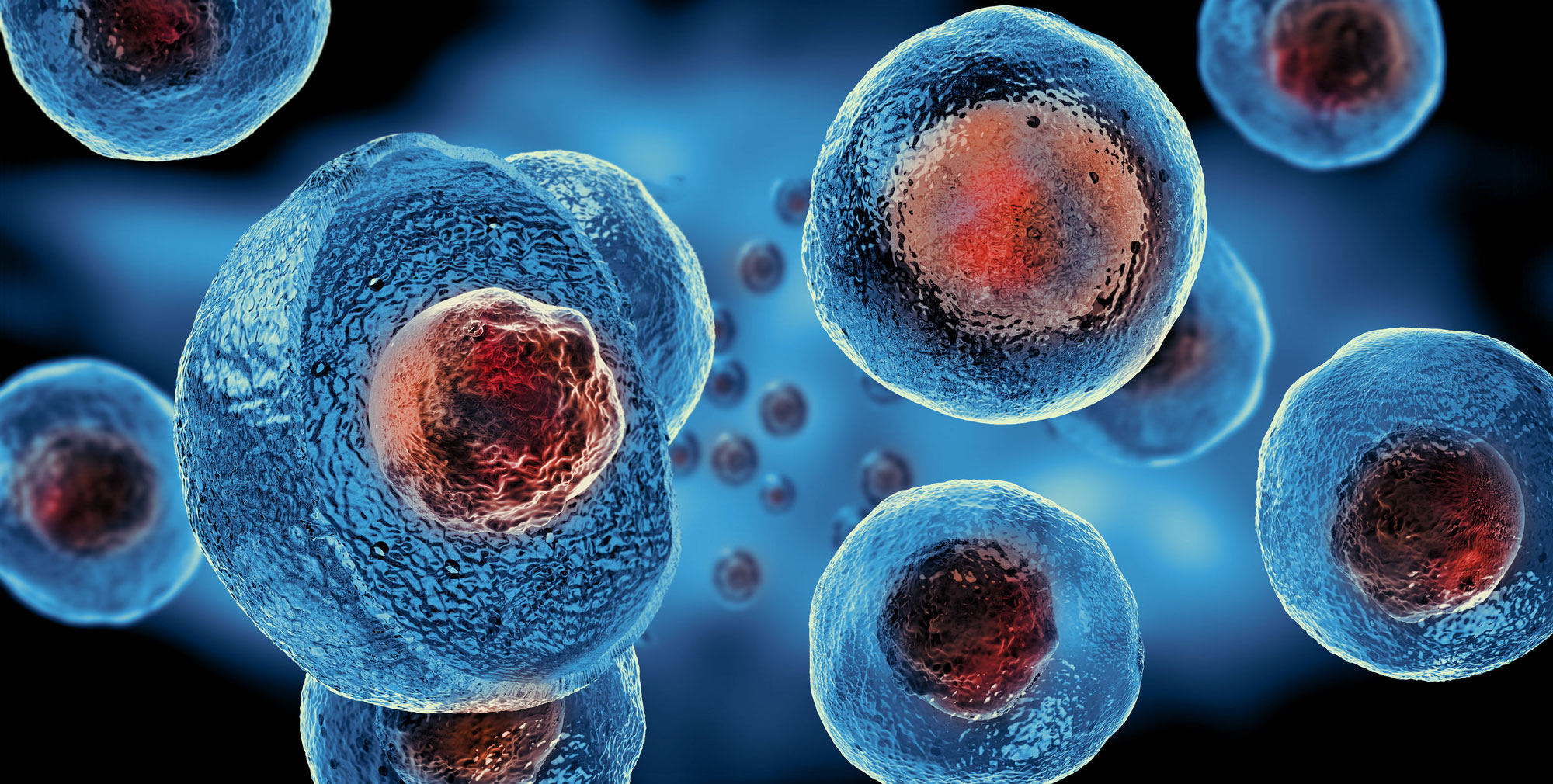Will Stem Cells work for your kid?
There are so many instances where patients are not able to see the desired results, and at the same time, there are many instances that patients can get beyond what they were looking for
Stem cells and Stem cell therapy are in the research stages. The treatments and their protocols are continuously evolving as the research is advancing. The protocols which exist as of date are more the researcher’s protocols, and as of now, there is no standard protocol for the therapy. So, the answer to the “Will it work?” depends on selecting the right therapist.
You might be now curious about How to judge whether your selection is right or wrong?
Here is the list of questions that you should ask from your therapist, and the responses will help you understand the probable outcomes of therapy in a better way.
Please note that the article is written with the assumption that you understand stem cells and stem cell therapy well. If you are new to stem cells and stem cell therapy, I encourage you to go through https://www.medicoexperts.com/stem-cell/ before reading further.
Since Stem cells are the basic building block of the body, stem cell therapy is used for multiple treatment purposes. However, the list of questions is by and large applicable for all the stemcells based treatments.
Before we begin with the list of questions, let’s discuss some interesting properties of stem cells.
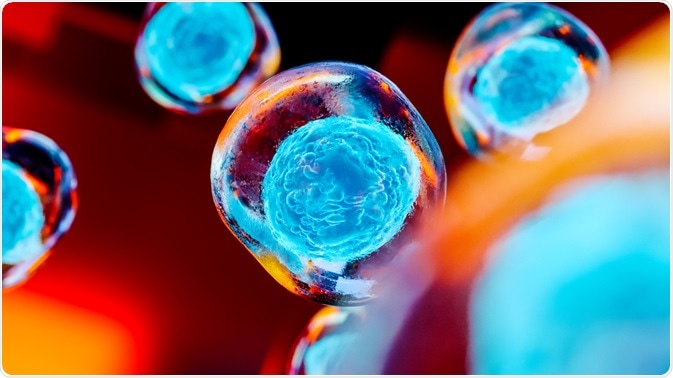
- Anti-inflammatory property: The stem cells naturally have anti-inflammatory properties, which help in a natural healing process in the impacted body part.
- Stem cells decrease with ageing: When a person is born, he/she has abundant stem cells in the body. However, as the person’s age increases, the count of the stem cells also starts declining slowly. You might have also observed that our healing speed becomes slow with age. The reason is the same, i.e. the stem cells in the body are declining.
- Renewable source: Stem cells are the renewable source of replacement of damaged cells. Let’s take an example of neurons (Brain cells). By virtue of this property, stem cell therapies are nowadays widely used for Autism, Cerebral palsy, developmental delays, ADHD, Dementia, Parkinson’s disease, etc.
- Stem cells work 24×7 when your body needs repairs: Stem cells are working 24×7 for repairing, regenerating, and doing renewal as required. The function of stem cells is to maintain or repair our cells, including but not limited to blood cells, heart, bone, skin, muscles, and brain cells.
- The richest source of stem cells: Umbilical cord blood is the richest source of stem cells.
With this backdrop, let’s jump into the list of questions that you should not forget to ask with your stem cell practitioner.
Q1. What would be the source of the stem cells?
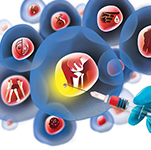
The stem cells are extracted from different sources. The efficacy of stem cell therapy depends upon the potency of the stem cell. You should definitely know and understand the source and potential repercussions of the source of stem cells. If you want to read more on the sources of stem cell, please visit the source of stem cell on MedicoExperts
Q2. How Effective is stem cell therapy?

The efficacy of the therapy depends upon multiple factors such as the number of stem cells used, the number of cycles, the duration between each cycle, the supported therapies, the age of the patient and the source of the stem cell.
Rather than a statistical number of success rates, you should try to understand the expected efficacy for your patient based on the protocol used by your therapist.
In the whole process, you will also get to understand the design approach and protocol of your therapist with respect to the number of cells, the number of cycles, the time gap between each cycle, etc.
Q3. What is the longevity of the procedure?
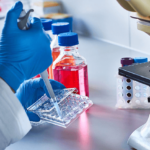
There are incidents where the positive impacts generated by stem cell therapy fades down with time. This time varies from six months to two years.
Depending upon your therapist protocol, he should be able to give the right visibility on the sustainability of the results.
If any repetition/s of the therapy is anticipated, you should know in advance.
This will help both you and your doctor to establish the right expectations on the outcome.
Q4. Some case studies and testimonials of already treated people

Try to see the evidence in terms of case studies or testimonials of similar cases that are handled by your preferred practitioner and check if the previous patients are able to get promised results or not.
The reason behind this is the fact that stem cell therapy is still an ongoing research area and there are no established protocols which are yet established.
Q5. How Safe is Stem Cell Therapy?

You should discuss both positive and negative side effects that you should expect during and after the procedure.
These effects also vary from case to case basis depending upon multiple factors such as the severity of disease/disorder, the age of the patient, the protocol adopted – number of cells, number of cycles, supported therapies etc, and source of stem cells.
Q6. What other medications or special care might I need?
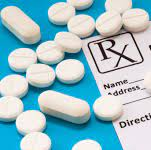
Some food guidance and medications would be recommended after the therapy.
You should understand both the medication and food precautions and the effects of the recommendations as well. Do follow the advice very seriously as these recommendations will help the recovery quicker and sustainable.
Q7. Do I need to continue the other therapies after Stem cell therapy?
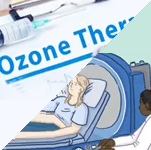
There would be some supportive therapies that would be required after the stem cell therapy. Physiotherapy, speech therapy, behavioural therapy might be recommended to you depending upon the case.
These therapies are critical as you would be training the new cells, such as training neurons in case of brain-related diseases/disorders.
If possible, try to understand and learn the science behind the therapies and how these therapies will help in the patient’s recovery so that you can follow these guidelines with conviction and for the suggested period.
Q8. Is the therapy induce any pain during or after the treatment?

Stem Cell therapy is typically a non-surgical procedure. If the extraction of stem cells is being done through bone marrow, there might be some pain, but the pain is temporary as the extraction of stem cells from bone marrow is typically done with local anaesthesia.
The significance of the question lies in the fact that if you observe anything unexpected, you can immediately approach the doctor for further guidance.
Asking these questions will empower you to understand your practitioner’s confidence and help you identify if something is going wrong from the expected roadmap; then, you can cross-check with your doctor or look for a second opinion.
The purpose of this article is to empower you to take the right decision and ensure in the best possible way the best outcome for you.
Hope this article will help you give better visibility of your forthcoming treatment and helping you to get the best outcomes.
If you have any further questions or doubts, please feel free to comment, and you will get a response soon.
FAQ
What is the current status of Stem cell therapy from the regulatory framework?
The stem cell-based therapy is in the research phase and not yet formally approved by ICMR. However, the application of stem cells, popularly known as bone marrow transplants, in blood-related disorders is approved by ICMR.


